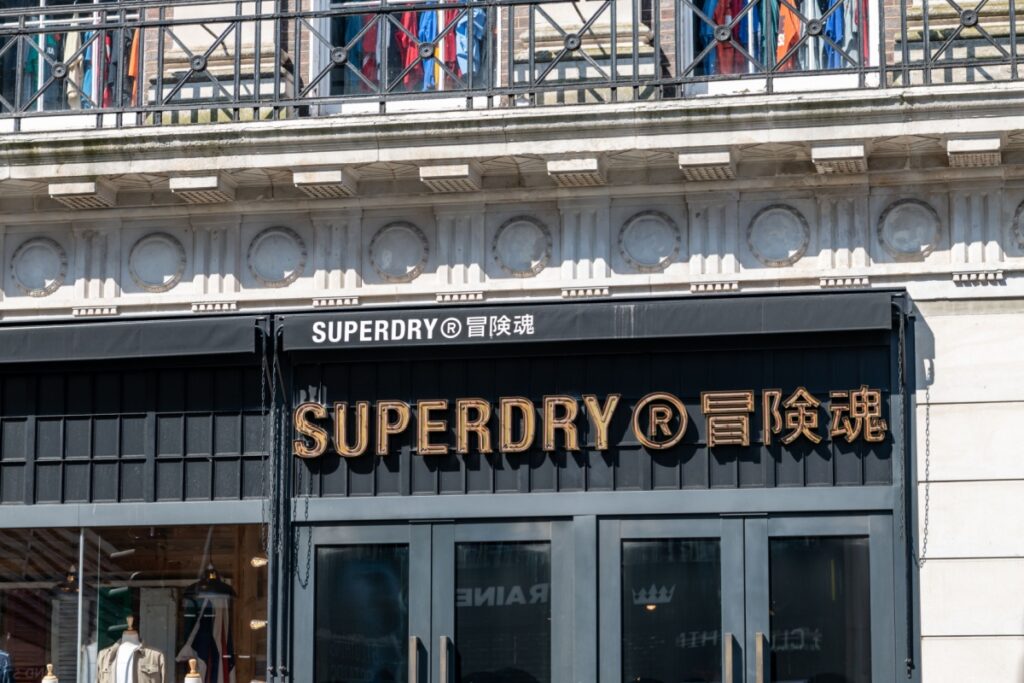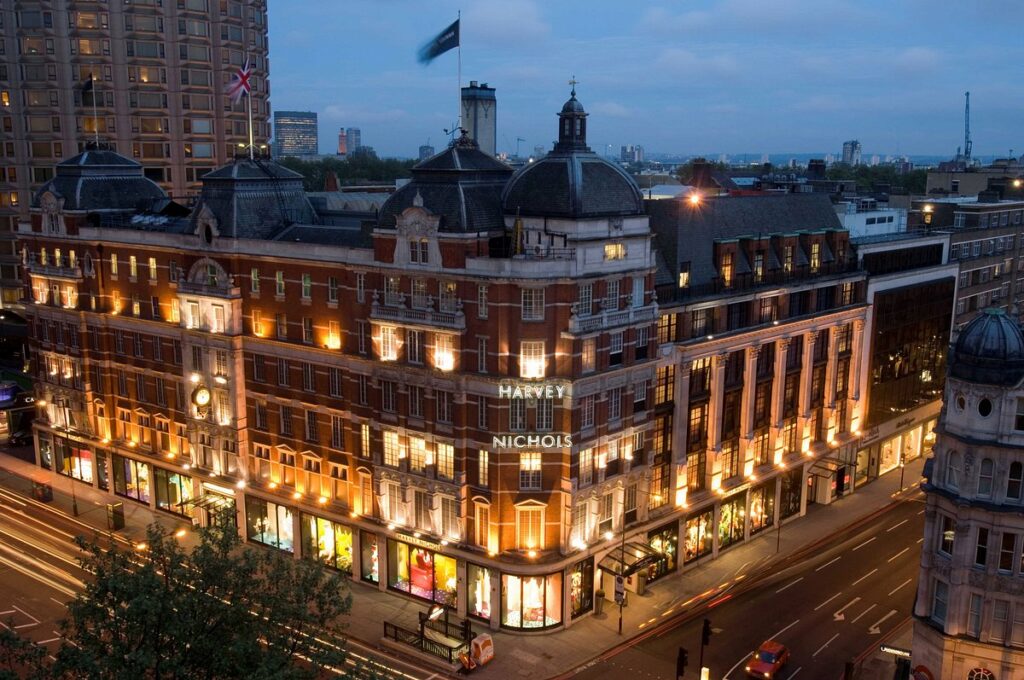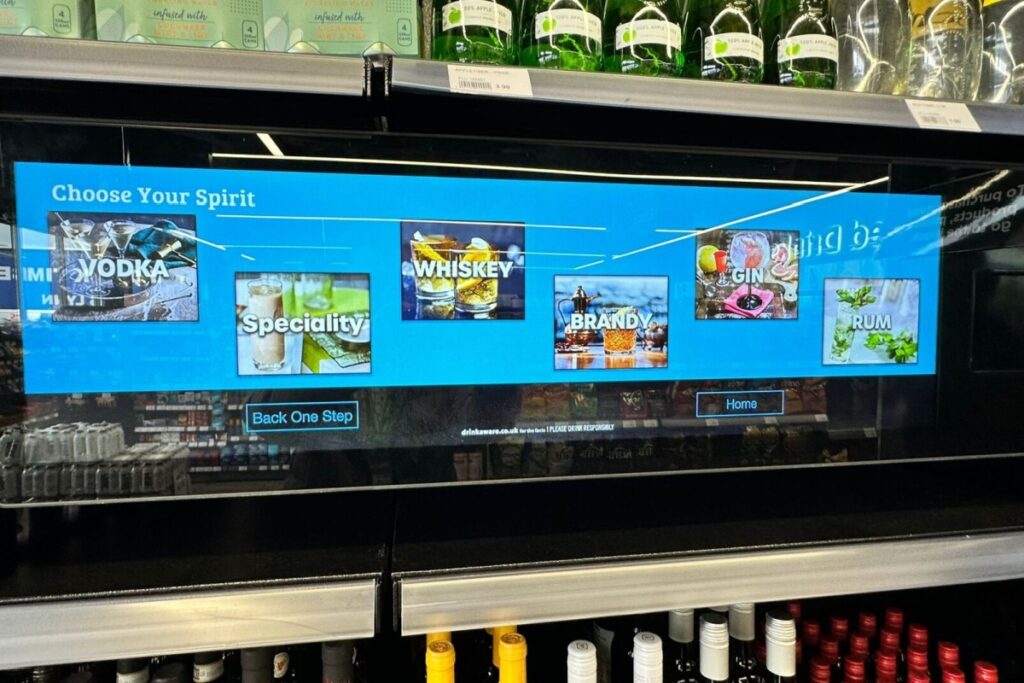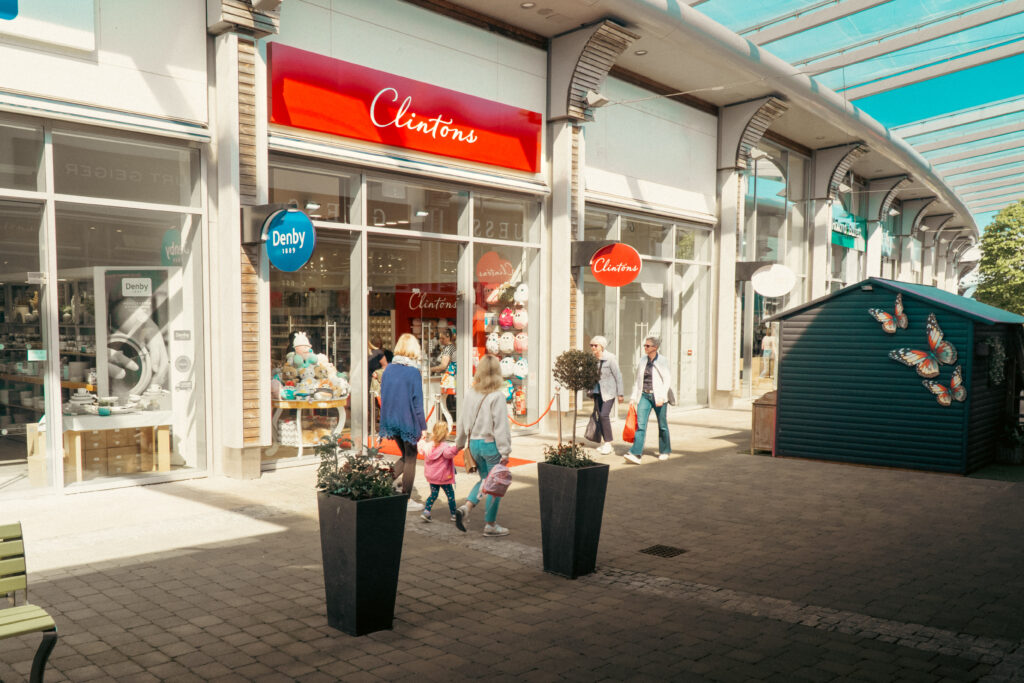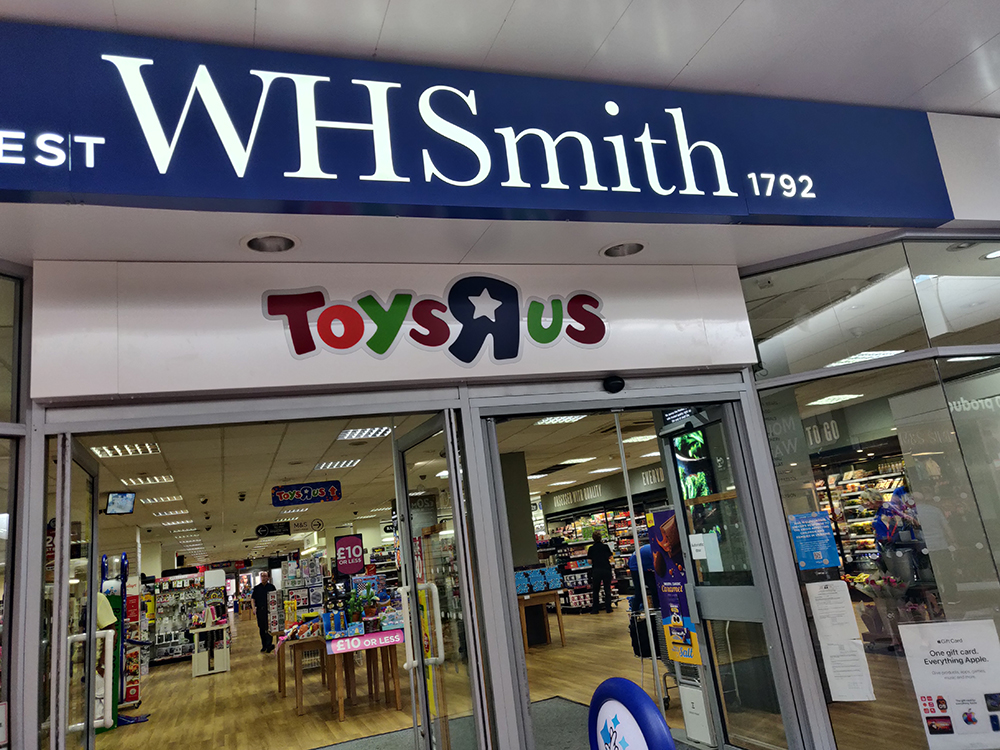When it comes to customer loyalty programmes, UK consumers sign up. Nearly 95 per cent of consumers who took part in research released today by SAS, the leader in business analytics, and retail analyst house, Conlumino, revealed that they had at least one loyalty card and nearly 90 per cent admitted to using them regularly.
The findings firmly establish the UK as a leader in fostering consumer loyalty. In fact, just over 40 per cent said they would be less likely to use a retailer without a loyalty scheme. The research found emotional connections are key to fostering customer loyalty as 80 per cent of consumers now believe engaging with a brand emotionally influences their likelihood of making a purchase.
The retailers, which have invested in customer loyalty programmes, such as Tesco, Boots UK, Marks & Spencer and Sainbury‘s, show the highest emotional connection with consumers in the research – with Tesco coming out on top. Tesco now has 16 million active users and states they are using the information obtained by consumer loyalty card activity to create a “rich and personalised offer” for their customers.
This is just what the consumers interviewed indicated they wanted with around 50 per cent saying if offers were personalised that they would be more likely to use that retailer again. Neil Saunders, managing director at Conlumino says: “This really creates a massive opportunity for retailers because those that grasp the opportunity to understand their customers and treat them as individuals, are more likely to see increases in shopping trolley purchases and add to their profit margin.”
The findings suggest that consumers are comfortable with retailers collecting data they need to deliver these more personalised offers. Nearly half of consumers have no concerns with loyalty schemes whatsoever. In fact, almost 40 per cent actively opt-in to marketing material from retailers, meaning a significant number believe they can benefit from relevant offers by allowing retailers to market directly to them.
The buy-in to loyalty schemes is not just hypothetical – over a third admit that receiving marketing material from a retailer makes them more likely to purchase from them, and nearly half would be likely or very likely to use a retailer if they provided personalised offers. In addition, almost a third of consumers are likely to respond to relevant in-store offers, highlighting the increasing importance of location and the potential for mobile services.
The business potential for retailers who grasp the opportunity is evident. The largest loyalty scheme in the UK, Nectar, has, according to the website, 19 million collectors and 24 Nectar cards are swiped every second. If every card holder received a personalised offer which resulted in them spending just an extra £1 annually, the collective group of retail partners could achieve an additional £19-million in revenue.
According to Alex Fovargue, SAS UK & Ireland retail specialist, this personalisation becomes even more exciting in the UK‘s digitally developed society because customer loyalty is going mobile. “This provides retailers with the opportunity to create instant wins by connecting with customers right when they are making a purchasing decision.
Conlumino‘s research found around a third of consumers would be likely to take advantage of an offer if they received it via their mobile device while standing in store. About the same volume of retailers agreed customers would do just that. “With nearly 88-million mobile phone subscriptions in the UK, the potential business development in getting around 30 percent of that 88-million to accept offers would have a serious impact on the retail industry‘s profit margins.”
Key to driving this shift will be the adoption of high-performance and visual technology solutions that not only manage big data being collected from loyalty sche
RELATED STORIES


